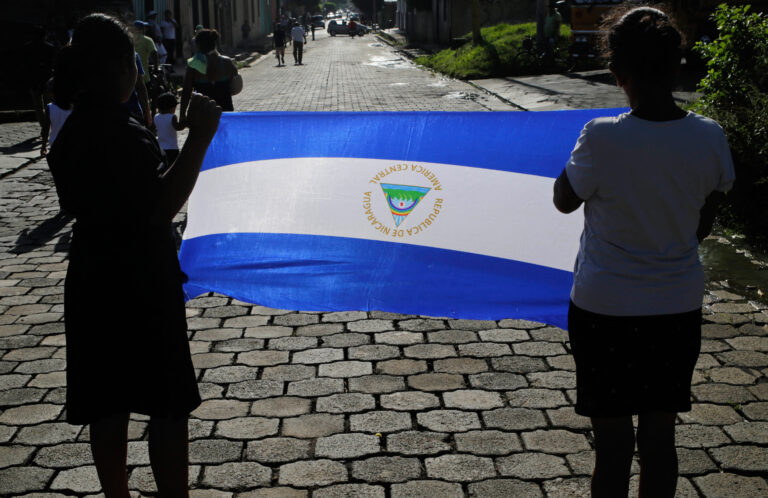Should we have the legal and technical ability to remove certain data that we do not want to exist on the Internet? What implications does this have for the rights to freedom of expression and access to information on-line?
This is a translation of a statement originally published on derechosdigitales.org on 9 September 2015.
The Internet is a tattoo. All our information, photographs, communications, traces and shadows remain stored for life. Add to this mass surveillance conducted by governments and companies and an essential question arises: Should we have the legal and technical ability to remove certain data that we do not want to exist on the Internet? What implications does this have for the rights to freedom of expression and access to information on-line?
This is the framework of discussions about “rights” and “forgetting”. It is one of the most complex topics currently under debate, and in Latin America an additional factor weighs in: when confronted with Amnesty Laws that pardon the crimes of authoritarian dictators and officials, “historical memory” becomes the antidote to impunity and a crucial aspect in the reconstruction of democratic processes.
The “right to be forgotten” can be defined in three ways: i) a term based on the right to access, modify and remove our personal information held in databases that are not under our control; ii) an express obligation to eliminate financial or criminal data after a specific time period has lapsed; iii) the removal of information from search engine results, in which case the information is not eliminated but simply will not appear as an outcome of a search.
The main issue is that companies such as Google and Yahoo should not be responsible for the activities and expressions of third parties on their platforms since this could result in privately-run censorship mechanisms, in which companies determine what information should or should not be made available .
In Argentina, based on this issue, the Supreme Court refused to recognise the right to be forgotten in a case involving the model María Belén Rodríguez, who had sued Google and Yahoo for unauthorised commercial use of her image. It was determined that companies cannot be sued for actions where they were not at fault, but that they can be punished in cases of negligence where they are aware of illegal content available via their search engines but do nothing to remove that content.
The right to be forgotten cannot be applied in an absolute manner. It should not apply to journalistic, literary or artistic information, or information in the public interest or pertaining to government officials.
When compared to the Argentina ruling, very different criteria have been applied in Mexico. In February 2015, the Federal Access to Information Institute recognised Carlos Sánchez de la Peña’s right to be forgotten. Sánchez de la Peña is a businessman who requested that information linking him to fraudulent business activities be removed from Internet search results.
Other countries, such as Costa Rica, Nicaragua and Uruguay, explicitly recognise the right to be forgotten, whether in actual legislation or in jurisprudence, primarily as it refers to financial and criminal matters.
One of the most interesting discussions is taking place in Colombia, where the Constitutional Court has adopted the right to be forgotten coming from the perspective of the right of rectification or right of reply pertaining to media outlets and related to the right to be presumed innocent under criminal law.
Two cases, in particular are relevant to the discussion: a) case T040-2013, in which it was determined that Google was not responsible for the fact that El Tiempo newspaper linked an particular individual to a mafia cartel, and b) case T277-2015, in which it was determined that ordering Google to block an article linking another individual to human trafficking would amount to a form of prior censorship, thus violating the principle of net neutrality and impacting freedom of expression. In this case it was established that El Tiempo, using available Internet tools, should ensure that search engines would be unable to find the article.
The reality is that to date there is no concrete answer to the questions posed by the right to be forgotten, particularly when one considers the monopolistic role of Google in the search engine marketplace. In any case, the debate on this issue is important and special attention must be paid to instances of possible censorship involving application of the right to be forgotten in Latin American countries.



